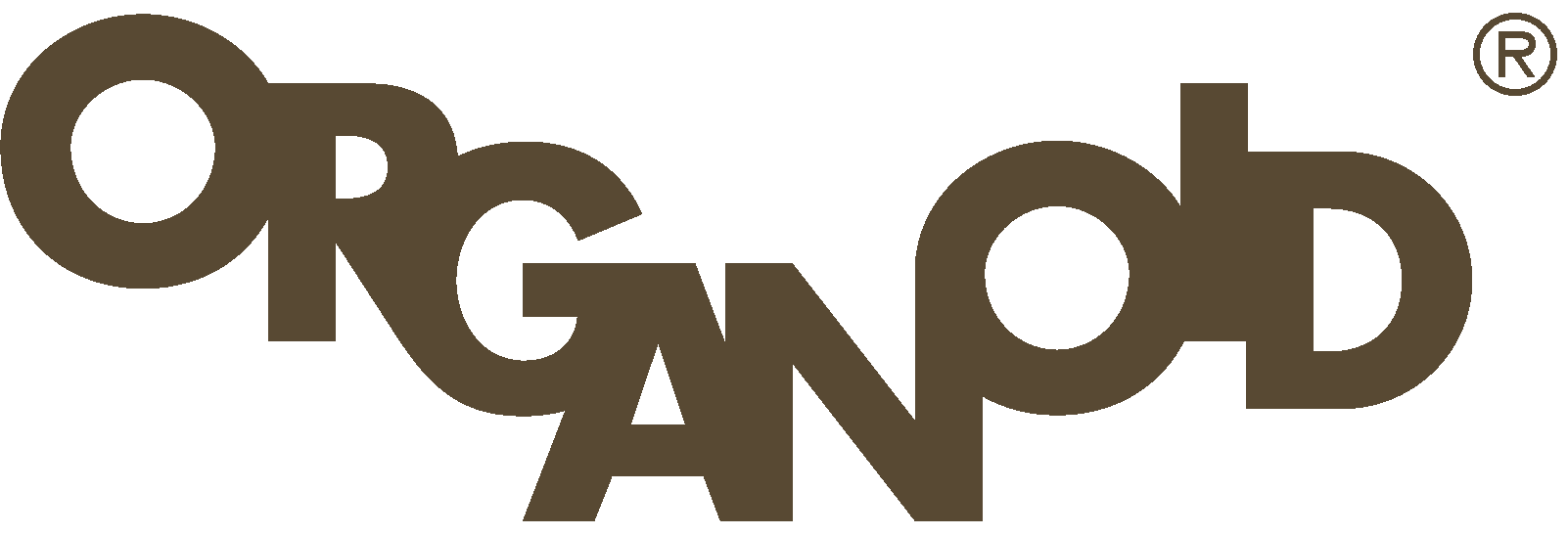28, Jul 2022
FOCUS ON SUSTAINABILITY: EARTH OVERSHOOT DAY
The Earth Overshoot Day on the 28th of July 2022 calls attention on the importance of saving resources in our economy. Find out how you can contribute to that with organoid products:
Earth Overshoot Day marks the day on which the demand for renewable resources surpasses the earth’s capacity to reproduce them.
From this day onward, humanity is in a resource deficit. Humans have always used natural resources to produce groceries and other products or to build cities. But in the middle of the 1970ies, an important line was crossed: our use of natural resources was higher than the global capacity to reproduce them. Since then, the Earth Overshoot Day has been earlier and earlier in our calendar. Globally, it now falls on the 28th of July. For Austria, it is even earlier, on the 4th of April and for Germany it is on he 4th of May 2022.
Among the indicators, that we have overstepped our resources, are deforestation, the reduction of the diversity of species, overfishing of oceans and greenhouse effects which can be traced back to more CO2 being produced than reabsorbed.
A sustainable economy is therefore not an option, but a must – and deeply rooted in our company’s philosophy.
Every company and each individual can make small contributions to pushing the date of the Earth Overshoot Day back again in the calendar. This includes a mindful selection of the materials used in building and furnishing our living and working spaces.
MATERIALS WITH ADDED VALUE
Our natural surfaces are produced in a carbon-neutral way in the Austrian Alps. We process rapidly regenerating, natural raw materials. They do not only protect our climate, but also have a positive impact in the region.
Our hay comes from traditional inner-alpine small-scale farming, which not only protects our climate, but also adds to the regional landscape. This helps in keeping the exceptional biodiversity of the inner-alpine highland meadows alive.
For our other surfaces, we also focus on circular economy and sustainability: our moss comes from an upcycling process and is a secret hero when it comes for the environment: moss filters pollutants and exhaust fumes from the air. Moss, as well as the lichen we use for our surfaces, make an important contribution to the global cycle of substances by absorbing large amounts of CO2 and nitrogen from the air. We focus particularly on reusing and recycling, like for example with our Organoid picture absorbers, which are made from recycled plastic bottles.
The organoid surfaces therefore contribute to the protection of our planet. They integrate nature into interior spaces and remind us of the need to protect our environment.
Every one of us can make small contributions to a sustainable economy, as many small acts amount to big changes. In designing our living spaces, we can decide to opt for resource-saving, environmentally friendly alternatives which add value.
